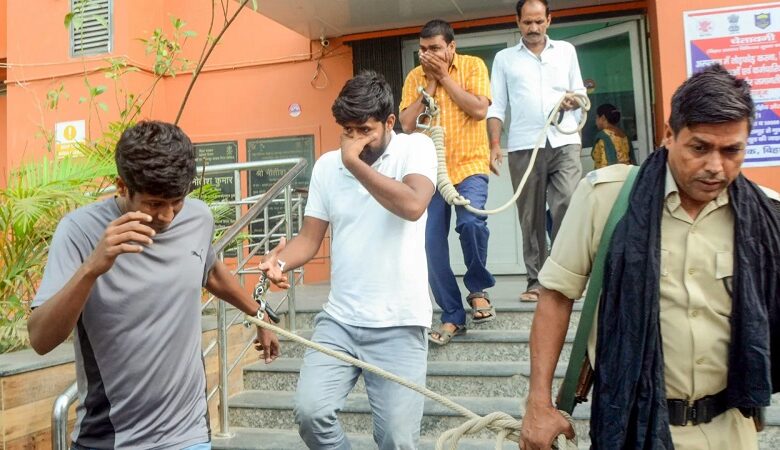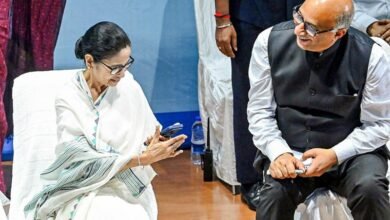
News Mania Desk/ Agnibeena Ghosh/24th June 2024
On June 24, the Economic Offences Unit (EOU) of the Bihar government announced the arrest of a significant member of a “solver gang” involved in the NEET-UG exam leak. This individual, identified as Baldev Kumar, alias Chintu, had received a PDF of the solved question paper on his phone on May 4, just a day before the examination, according to a report by The Indian Express.
Kumar was one of five individuals arrested by the EOU from Jharkhand’s Deogarh district. Following their arrest, they were produced before a court in Patna and subsequently sent to judicial custody. The other arrested members of the solver gang were identified as Mukesh Kumar, Panku Kumar, Rajeev Kumar, and Paramjit Singh. Notably, Kumar was linked to Sanjiv Kumar, the alleged kingpin of the solver gang, who remains at large.
The EOU’s investigation into the NEET-UG exam irregularities was thorough, utilizing both intelligence inputs and technical investigations. They discovered partially burnt papers at the Learn Boys Hostel and Play School in Patna, which were sent to a forensic lab for further analysis. The investigation revealed that Baldev Kumar received the solved question paper PDF on his mobile on the morning of May 5. The paper was then photocopied at the school, and candidates were formed into groups to memorize the answers. Additionally, arrangements were made to transport the candidates discreetly.
The arrest of these individuals is a significant step in addressing the broader issue of exam fraud in India. The NEET-UG exam, which is crucial for aspiring medical students, has been under scrutiny due to these alleged discrepancies. The involvement of the National Testing Agency (NTA) in the controversy led to the removal of its Director General, Subodh Singh, as the government sought to restore trust in the examination process. The investigation into the NEET-UG exam leak has now been handed over to the Central Bureau of Investigation (CBI), reflecting the seriousness with which the government is addressing the issue.
The government has assured the public that it will take the strictest possible action against anyone found involved in the irregularities. This commitment is part of a broader effort to maintain the integrity of competitive exams in the country. The NEET-UG exam is critical for students seeking admission to medical colleges, and any compromise in its integrity has far-reaching implications for the education system and students’ futures.
The EOU’s efforts in tracking down the solver gang members and uncovering the details of the NEET-UG exam leak are commendable. Their actions have not only brought the culprits to justice but have also highlighted the need for stringent measures to prevent such incidents in the future. The government’s proactive stance, including the involvement of the CBI, underscores its commitment to ensuring fair and transparent conduct of competitive exams.
As the investigation progresses, it is crucial for authorities to implement robust safeguards to prevent similar incidents. The trust of students and parents in the examination system must be restored, and the integrity of competitive exams must be upheld. The actions taken in the NEET-UG exam case serve as a reminder of the importance of vigilance and accountability in the education sector.






